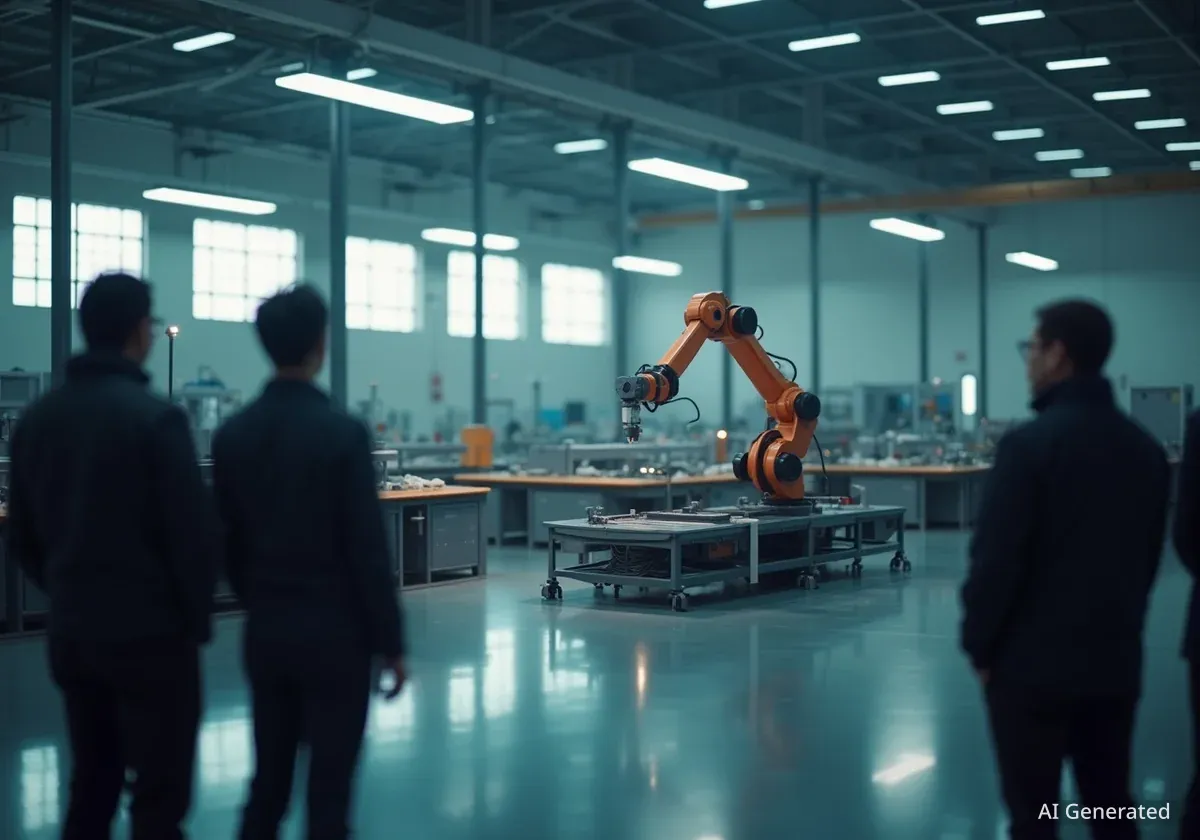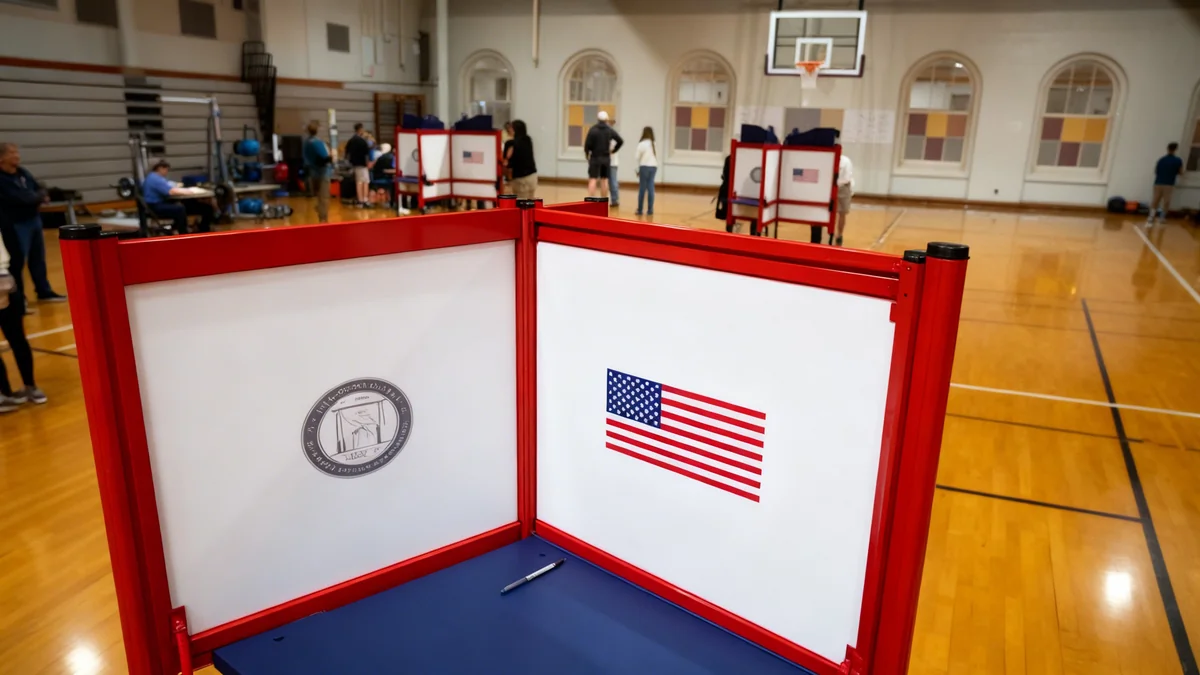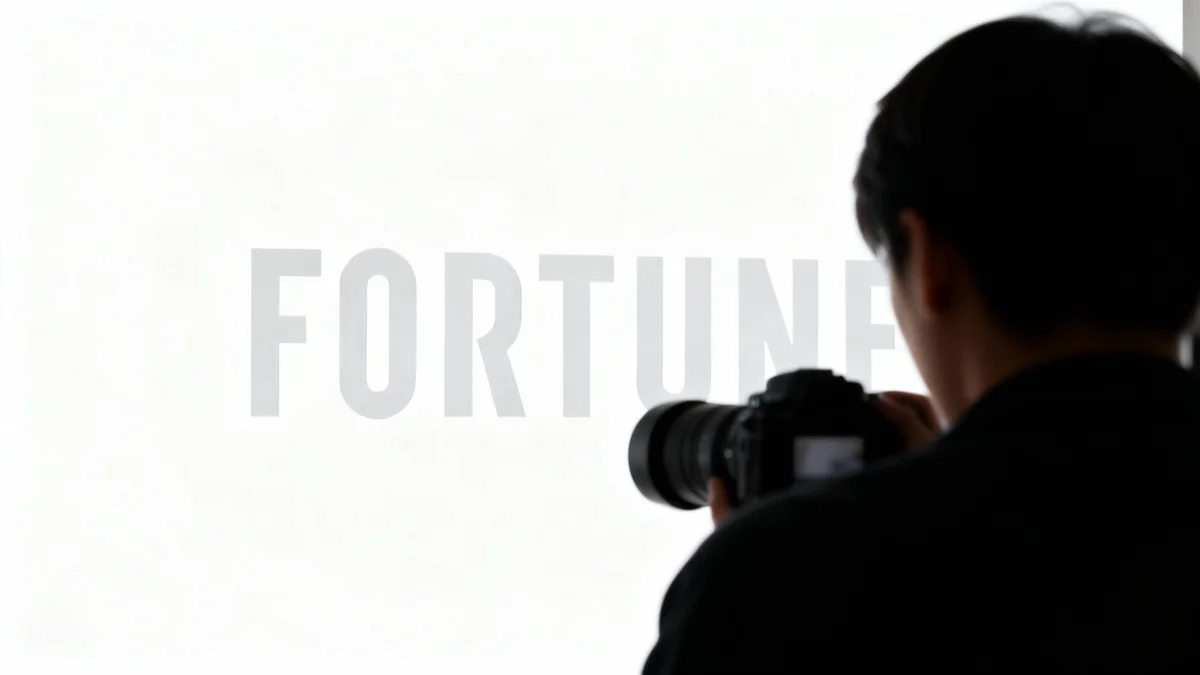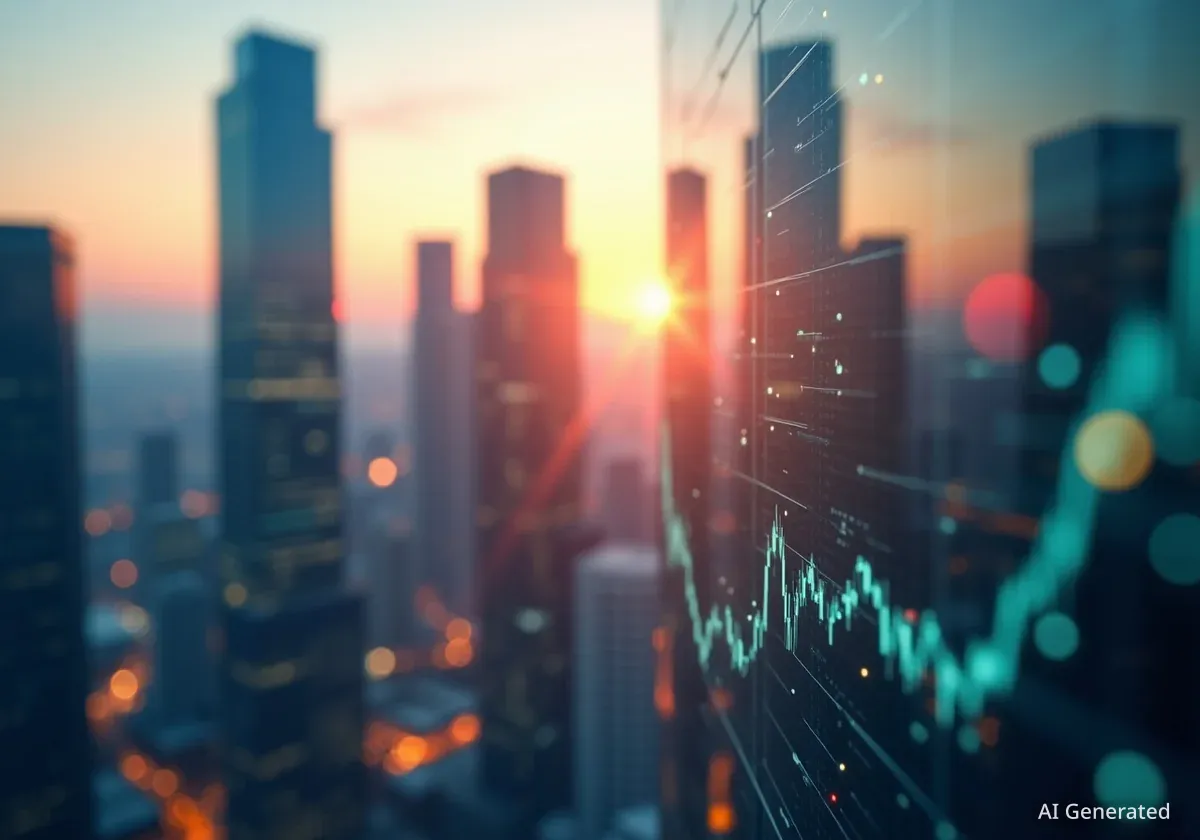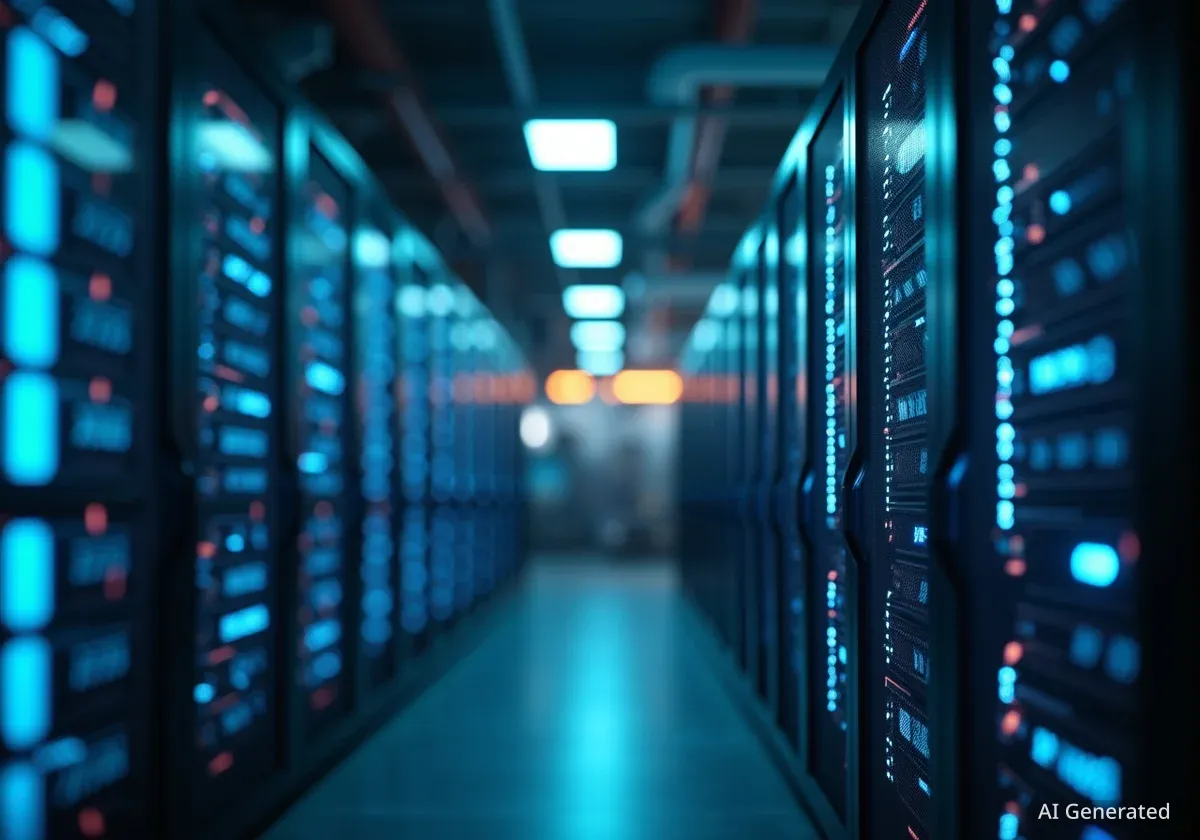A growing concern is spreading through the technology sector and beyond: that rapid advancements in artificial intelligence could create a permanent economic underclass. This fear, partly fueled by online discussions and expert predictions, suggests that as AI automates more complex jobs, a significant portion of the population may become unemployable, leading to unprecedented social stratification.
The concept draws parallels to historical ideas of a displaced labor force but is now amplified by the speed of technological change. Workers across various industries are beginning to question their long-term job security, while some in Silicon Valley see a closing window of opportunity to avoid being left behind in an AI-driven economy.
Key Takeaways
- Fears are growing that AI automation will create a "permanent underclass" of individuals unable to compete in the labor market.
- Some experts, like former OpenAI researcher Leopold Aschenbrenner, predict AI could match or exceed human job capabilities as early as 2027.
- Economic data is beginning to show signs of this shift, with recent college graduate unemployment surpassing the national average, partly attributed to AI.
- Workers are actively seeking ways to "future-proof" their careers, often by moving into trades or industries perceived as less susceptible to automation.
- Despite these concerns, there is a notable lack of consensus or clear policy proposals for managing this potential societal upheaval, such as Universal Basic Income.
The Specter of Mass Unemployability
The term "permanent underclass" has gained traction online, evolving from a niche joke to a serious expression of anxiety about the future of work. It describes a scenario where capital owners who control AI systems, or "compute," can replace human labor across a vast range of tasks, from software development to creative marketing.
This leaves those without access to such resources in a precarious position, with diminishing opportunities for economic mobility. Jayden Clark, an entrepreneur in San Francisco, described the sentiment to reporters, noting that in the future envisioned by some AI proponents, "nobody’s working anymore." He added, "whoever hasn’t gotten in, you have no other chance to climb the ladder."
From 'Lumpenproletariat' to 'Permanent Underclass'
The idea of a segment of society left behind by economic systems is not new. In "The Communist Manifesto," Karl Marx and Friedrich Engels described the "lumpenproletariat" as the "passively rotting mass thrown off by the lowest layers of the old society." This group included the unemployable and destitute. Today's term, "permanent underclass," reimagines this concept for the digital age, where the displacing force is not industrial machinery but intelligent algorithms.
This sense of a looming deadline is intensified by specific technological forecasts. A widely discussed essay by Leopold Aschenbrenner, a former researcher at OpenAI, suggests that AI could achieve or surpass human-level capabilities in many professional fields by 2027.
"It is 'strikingly plausible' that, by then, 'models will be able to do the work of an AI researcher/engineer,'" Aschenbrenner wrote, implying a rapid, self-accelerating loop of AI development that could render human input obsolete.
Early Economic Indicators and Industry Shifts
While a large-scale displacement has not yet occurred, some economic signals suggest the initial effects of AI automation are already being felt. A recent report from Oxford Economics highlighted an unusual trend: the unemployment rate for recent American college graduates has risen above the national average.
Graduate Unemployment on the Rise
According to an Oxford Economics report, the recent spike in unemployment among new college graduates is an anomaly. The report primarily blames the increasing adoption of AI automation for reducing the availability of entry-level white-collar positions.
This trend is particularly evident in the tech industry itself. Many entry-level software engineers report significant difficulty finding jobs. Jasmine Sun, who chronicles Silicon Valley culture in her newsletter, observed a growing divide. "Many are really struggling and can’t find even a normal salary, and some of the people are raking it in with these never-seen-before tech salaries," she said. "That creates this sense of bifurcation."
The pressure is creating a new work culture. Sun notes the rise of the "cracked twenty-two-year-old," a term for a highly productive programmer who adopts an intense "nine-nine-six" schedule—working from 9 a.m. to 9 p.m., six days a week. The irony is that to avoid being replaced by a machine, workers feel compelled to adopt a bot-like work ethic.
How Workers are Responding
Faced with this uncertainty, individuals across different professions are actively trying to future-proof their careers. Their strategies often involve pivoting away from digital and creative work toward jobs that require physical presence and hands-on skills.
Several professionals have shared their experiences:
- Jabari Canada, a cinematographer, transitioned to architecture after concluding that much of his film production work would soon be automated.
- Chris, a brand strategist in London, mentioned he has "genuinely considered retraining as something like a plumber," doubting that technology could replace manual dexterity in his lifetime.
- Arielle Pardes, a journalist, has taken on work in the beverage industry because, as she puts it, "Robots can’t taste wine."
These anecdotes reflect a broader search for stability in a rapidly changing labor market. The consensus among many is that the safest careers may be those that are either highly specialized and physical or cater to the very wealthy, who will continue to demand human-provided luxury goods and services.
Others express a desire to opt out entirely. Agnieszka Bąk, a math tutor in Poland, voiced her frustration: "Tell me where the commune is and I’m packing my bags with a one-way ticket."
The Unanswered Questions of an AI-Dominated Future
Despite the growing alarm, there is little agreement on how society should be structured if these predictions come to pass. According to Jasmine Sun, the tech leaders driving AI development are "not thinking through the economic implications; no one has a plan for redistribution or Universal Basic Income."
This lack of a coherent vision for the future leaves many unanswered questions. What role will humans play in an economy where most cognitive and physical labor can be performed more efficiently by AI and robots? Nate Soares, president of the Machine Intelligence Research Institute, offered a stark assessment.
"People should not be banking on work in the long term," Soares said. "Humans are just not the most efficient arrangement of matter to do almost any job."
The social and political implications are also profound. Marx and Engels warned that the historical lumpenproletariat was vulnerable to manipulation. In an era where AI can shape media consumption and information flow, the risk of a disaffected and economically marginalized population being influenced by reactionary forces is a significant concern. The very tools creating the underclass could be used to manage it, raising new challenges for social cohesion and democracy.
